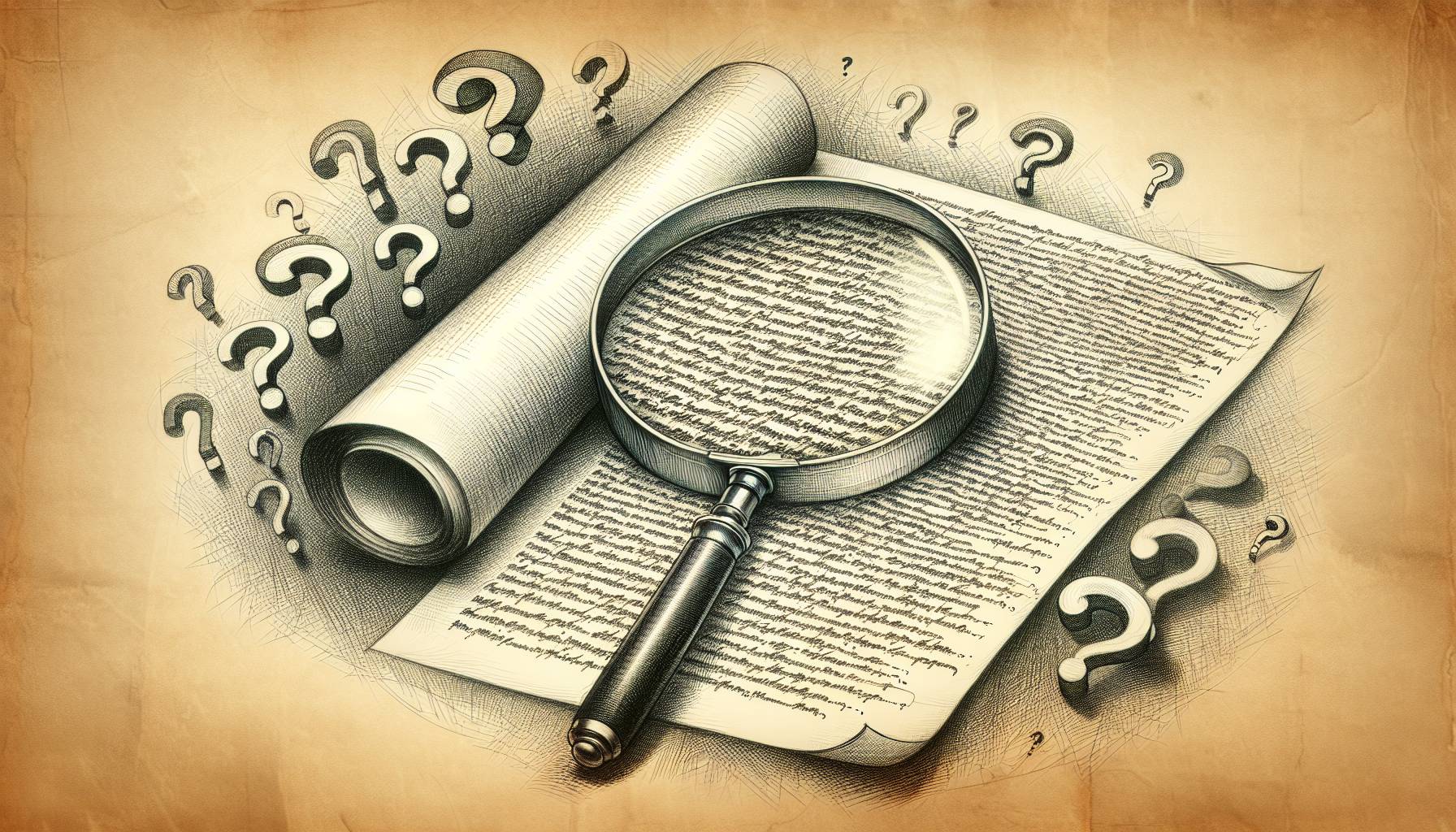The discussion of user privacy and smartphone apps continues to heat up as members of the U.S. Congress have written letters to Apple and 33 iOS developers, looking to find out how they gather information on users and what they do with it.
According to a story from Ars Technica, Congressmen Henry A. Waxman (D-CA) and Fred Upton (R-MI) sent joint letters to Apple and the devs following the most recent privacy dust-up that occurred after it was discovered that social networking app Path – along with many others – was saving address book information from users on its servers. As Ars reports, the goal of the letters is to “better understand what, if any, information these particular apps gather, what they do with it, and what notice they provide to app users.”
It seems the letters were primarily directed at social networking companies, which makes sense given the amount of private information with which those apps and web programs normally deal. Following the row over Path and its address book use, numerous apps (including Twitter, Instagram and others), have admitted to saving the same information, and many have updated their apps to prompt users when they’re about to give up address book info before they sign-up. Another loophole in the same vein, however, can allow user photos, calendar data, music and more to be sent to remote servers without users knowing it.
Not all the social networks were implicated in the latest privacy complaints. Facebook’s Mark Zuckerberg, for example, is on the list, as is Apple CEO Tim Cook, both for Apple’s location-based “Find My Friends” app and for Apple’s enforcement of greater privacy policies in the iTunes App Store. The full list of just which companies received letters, and what exactly the letters al said, can be found on the Energy & Commerce Committee’s website.
This isn’t the first time app developers and Apple have been tapped by Congress to explain themselves. Before this, the Path scandal drew a lot of attention, both from users and from lawmakers. Before that, it was Carrier IQ, a program used by cellular carriers and other companies to monitor user activity in order to improve network capabilities. That was also accused of sending user data back to advertisers.
Apple also got in trouble with Congress last year over “Locationgate,” a scandal in which it was discovered that Apple’s iOS software was storing in an unencrypted location all the GPS data it was gathering from cellular towers every time a user accessed an app that used GPS capabilities. Basically, it meant your iPhone was keeping track of everywhere you went. Worse, that information was being used by law enforcement agencies without the requirement of obtaining a warrant to access it. Apple attributed the tracking to a bug and has since fixed it, it says.
In the case of the latest scrutiny from Congress, it’s not clear what might happen, but the companies in question are required to respond to the letters by April 12. Who knows what the congressmen might do with whatever information they glean from app developers, but Ars Technica suggests Apple may well be revamping its privacy constraints in the future, and adding additional dialog capabilities so that apps will get user permission more often for more features.












